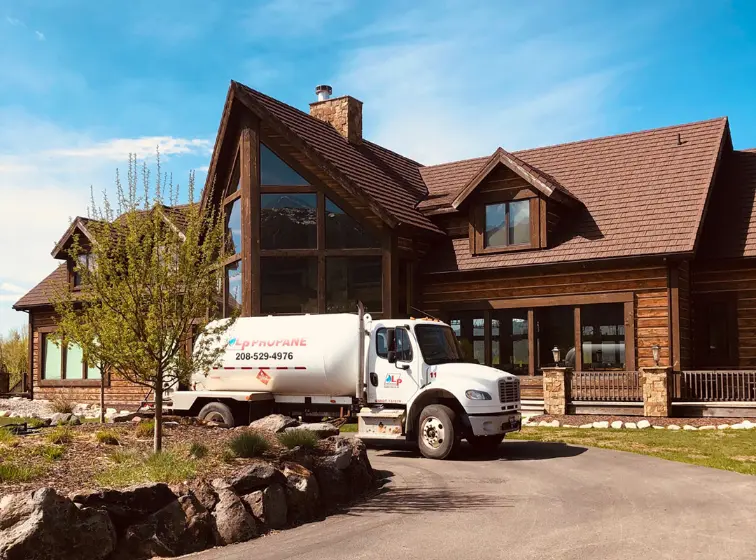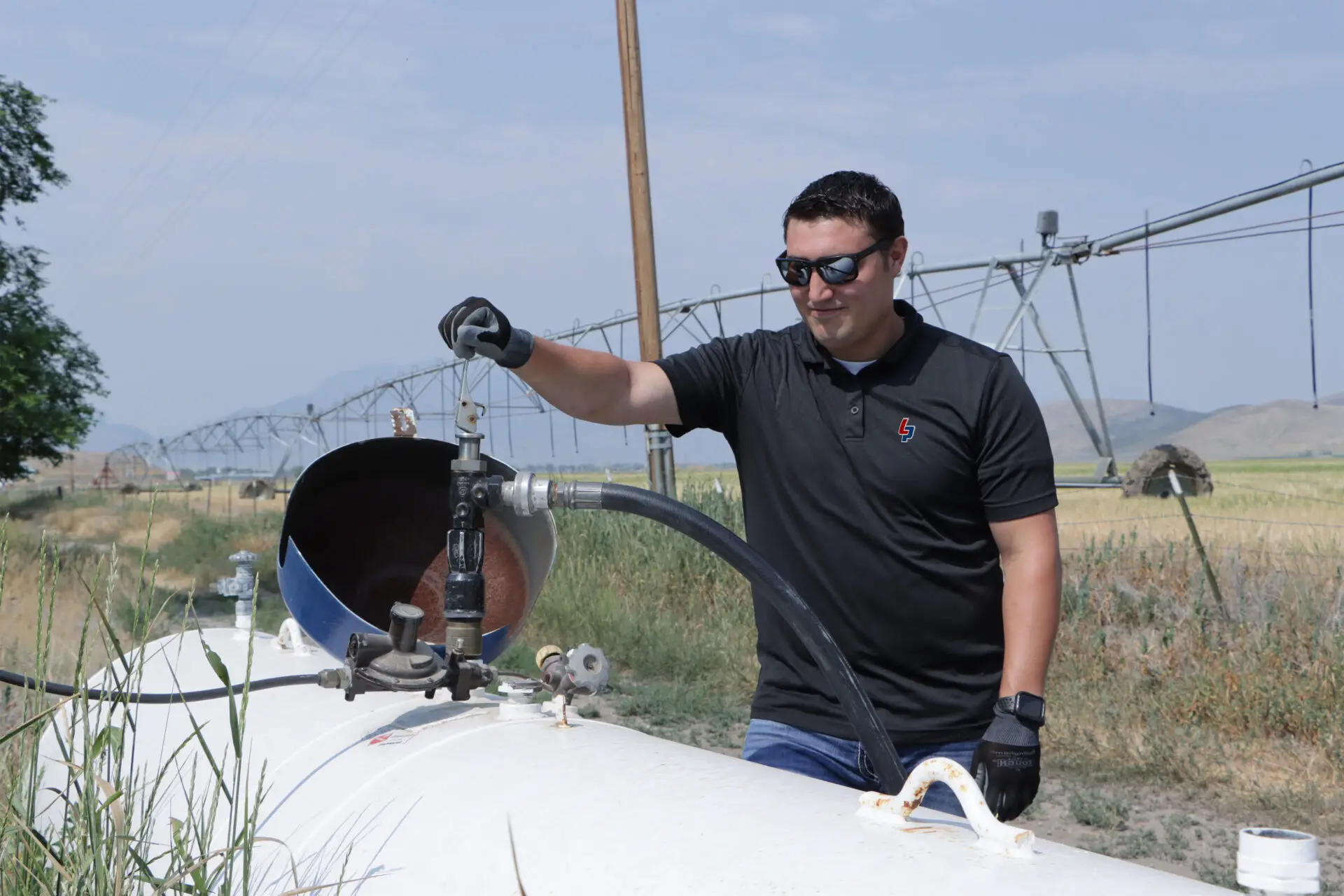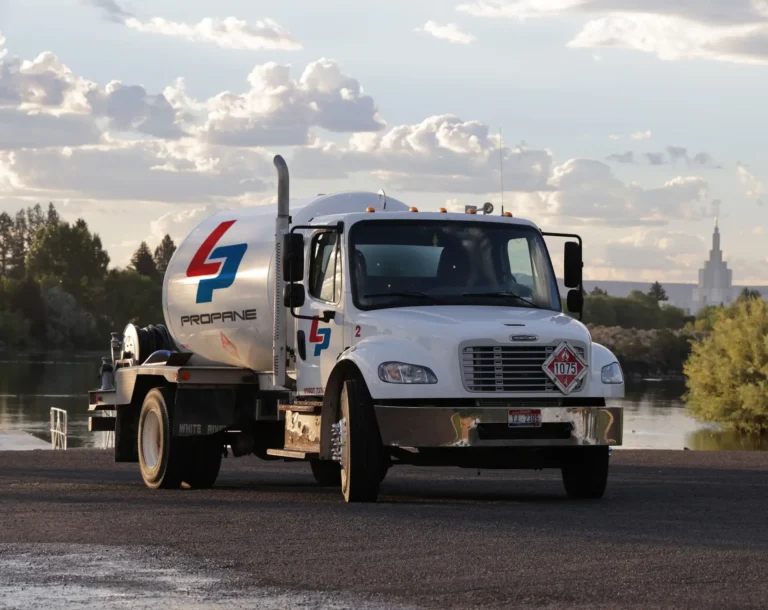
Understanding the Benefits of Liquid Propane for Businesses
Understanding the Benefits of Liquid Propane for Businesses The world of business is becoming more and more demanding and businesses rely on reliability, cost control and efficiency as the direct factors of success. Regardless of the size of the local

